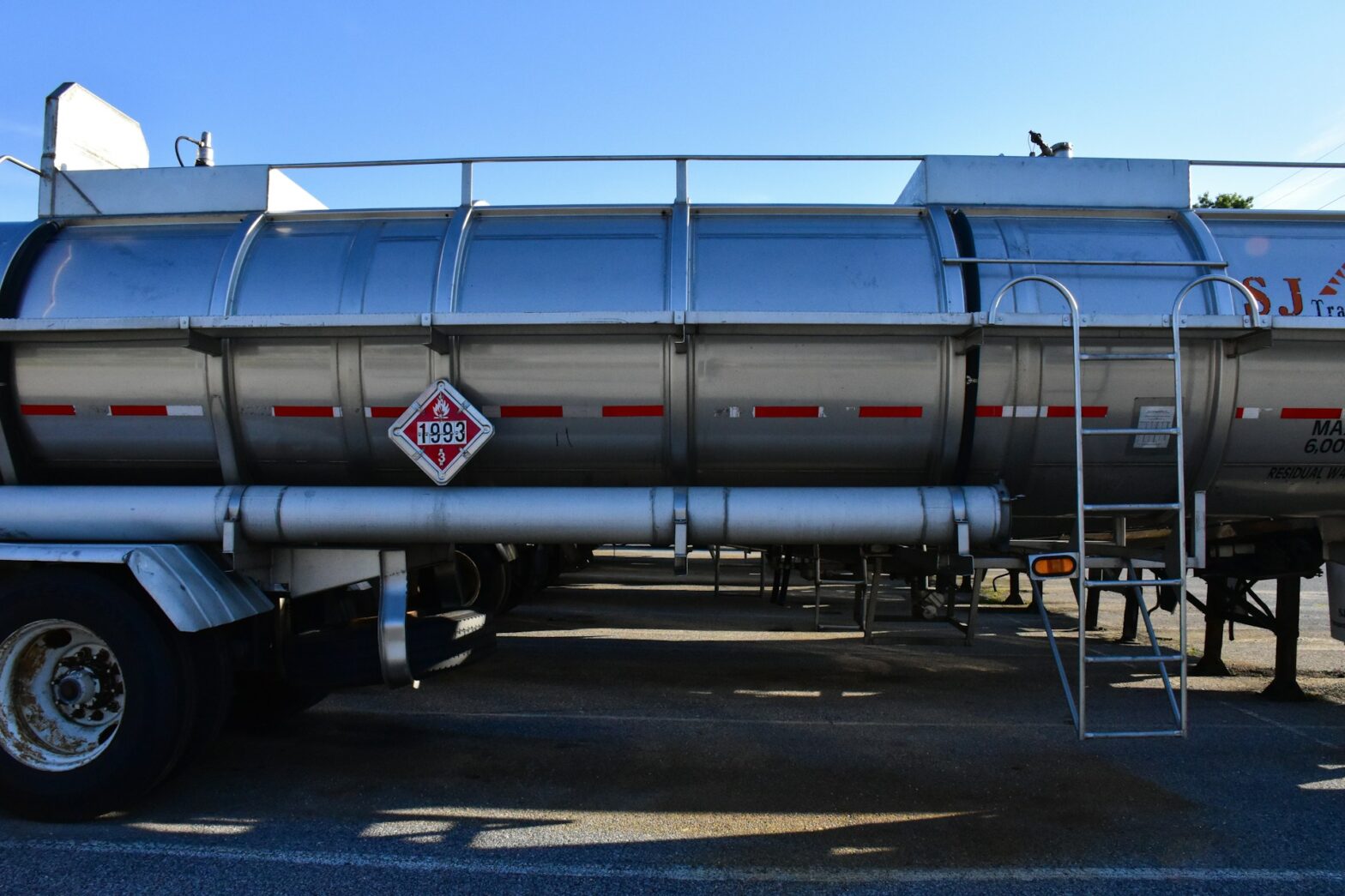As the world continues to rely on oil and gas for energy needs, the sector remains one of the most lucrative and impactful industries to work in. With technological advancements, an increasing emphasis on sustainability, and new global energy demands, the oil and gas industry is evolving rapidly.
To stay competitive and ensure long-term career growth, it’s essential to pursue the right educational background.
If you’re considering a career in the oil and gas industry, several degrees can significantly enhance your prospects in 2025 and beyond.
These degrees not only provide specialized knowledge and expertise but also prepare you for the industry’s most in-demand roles.
Here are the top six degrees that will give you a head start in this thriving sector:
1. Petroleum engineering
Petroleum engineering remains at the core of the oil and gas industry. Professionals in this field are responsible for designing methods and developing techniques to maximize the recovery of hydrocarbons from underground reserves.
This includes drilling, production, and reservoir management. With oil and gas being the backbone of global energy, the demand for skilled petroleum engineers continues to rise, especially in an industry focused on efficient, environmentally conscious extraction.
Career options for a petroleum engineer:
• Reservoir Engineer
• Drilling Engineer
• Production Engineer
Salary range:
• Entry-level: $75,000 – $95,000 per year
• Experienced professionals: $100,000 – $180,000 per year
Petroleum engineering remains one of the highest-paying fields within the oil and gas sector, making it a top choice for anyone seeking long-term career advancement. For more on petroleum engineering programs.
2. Geo-sciences:
Geologists and geophysicists play an essential role in locating and assessing the viability of hydrocarbon reserves. Geology and geophysics are vital for exploring underground formations and understanding the Earth’s physical properties.
This helps oil and gas companies determine where to drill and how to extract resources most efficiently. As exploration continues to move into more complex and difficult environments, experts in these fields are in high demand.
Career Options:
• Exploration Geologist
• Seismic Interpreter
• Geophysical Analyst
Salary Range:
• Entry-level: $60,000 – $80,000 per year
• Experienced professionals: $90,000 – $150,000 per year
Geoscience professionals are vital in assessing reserves and guiding exploration efforts, making this degree an essential stepping stone for aspiring oil and gas specialists.
3. Chemical engineering
Chemical engineers in the oil and gas industry are responsible for optimizing refining processes and converting raw hydrocarbons into usable products like fuels, petrochemicals, and lubricants.
They are crucial in designing systems and processes that ensure efficiency, safety, and environmental compliance in oil and gas production. With the growing shift toward more sustainable practices, chemical engineers are also involved in developing greener technologies and solutions for the sector.
Career Options:
• Process Engineer
• Refinery Engineer
• Petrochemical Specialist
Salary Range:
• Entry-level: $70,000 – $90,000 per year
• Experienced professionals: $100,000 – $170,000 per year
The versatility of this degree makes it a great choice for those interested in both the technical and business sides of the oil and gas industry.
4. Mechanical engineering
Mechanical engineers are essential in ensuring that machinery used for the extraction, processing, and transportation of oil and gas functions smoothly. They design, build, and maintain everything from offshore platforms and pipelines to refining systems and drilling rigs.
As mechanical engineering is applicable across a wide range of sectors, this degree offers significant career flexibility within the oil and gas industry, especially in roles focused on equipment efficiency and safety.
Career Options:
• Maintenance Engineer
• Equipment Designer
• Offshore Engineer
Salary Range:
• Entry-level: $65,000 – $85,000 per year
• Experienced professionals: $95,000 – $160,000 per year
Mechanical engineers play a vital role in keeping oil and gas infrastructure functioning at optimal levels, which makes this degree valuable for those looking to specialize in industry operations.
5. Environmental science or environmental engineering
With growing concerns about climate change and sustainability, environmental engineers are playing an increasingly significant role in the oil and gas industry. They are responsible for developing technologies and processes that minimize the environmental impact of oil and gas extraction, ensuring that companies comply with environmental regulations and work toward greener practices.
With a global push toward cleaner energy, these professionals are more essential than ever.
Career Options:
• Environmental Advisor
• Health and Safety Engineer
• Sustainability Analyst
Salary Range:
• Entry-level: $55,000 – $75,000 per year
• Experienced professionals: $80,000 – $130,000 per year
Environmental engineers help companies meet sustainability goals while ensuring that operations remain compliant with ever-evolving environmental regulations.
6. Marine Science or Ocean Engineering
Marine science and ocean engineering have become increasingly crucial in the oil and gas industry due to the rise of offshore drilling. Experts in marine environments are needed to assess the viability of offshore sites, monitor ecosystems, and ensure the safe installation and maintenance of offshore oil rigs and platforms.
Marine engineers are also involved in subsea operations, working with deep-sea drilling rigs and pipelines.
Additionally, oceanography plays a key role in studying the environmental impact of offshore drilling activities and ensuring minimal disruption to marine ecosystems.
Career Options:
• Offshore Project Engineer
• Marine Environmental Specialist
• Subsea Engineer
Salary Range:
• Entry-level: $60,000 – $80,000 per year
• Experienced professionals: $90,000 – $140,000 per year
Marine science and ocean engineering offer a unique and exciting career path, combining expertise in both the marine environment and the oil and gas sector’s technological advancements.
Parting thoughts
The oil and gas sector is vast and evolving, and choosing the right degree can provide you with the specialized knowledge needed to thrive in this dynamic field. Whether you’re drawn to the technical aspects of extraction, refining, and mechanical design or passionate about environmental sustainability and offshore exploration, these six degrees are pivotal in shaping the future of the industry.
If you’re interested in pursuing any of these degrees, start by researching accredited universities and programs that specialize in oil and gas-related fields.
Remember, the oil and gas industry is always changing, so staying up to date with new technologies and developments will be key to your success.








